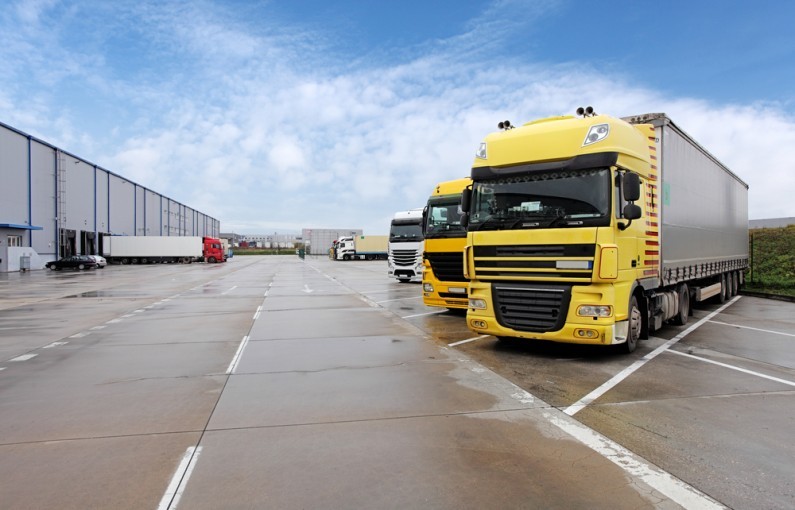Is Self-driving trucks the future?
The technology driving the ongoing developments of self-driving trucks is certainly not new, but given the shortage of drivers entering the sector, the continuing need to reduce environmental footprint, the likely substantial safety improvements and the considerable potential cost efficiencies that could be achieved, its journey to implementation is rapidly approaching…or is it?
In this article we look at the questions everyone involved in the sector will be asking and consider the potential benefits and potential drawbacks that self-driving trucks may bring.
Self-driving trucks and the things firms need to consider
Will self-driving trucks counteract the impact of the skills shortage?
In our previous newsletter we looked at the shortage of young drivers entering the transport & logistics sector. The figures are quite worrying and with more managing directors in the sector that are under the age of 25 than there are drivers that are, a crisis is looming. The sector is urgently looking for a solution and self-driving trucks could be the long-term answer. This could of course bring a new skills shortage though. The sector will need programmers and cyber security experts, both of which are in high demand.
Will the technology improve safety?
Whether or not self-driving trucks are going to replace or (perhaps more likely) support drivers, the potential impact on safety cannot be understated. The industry has taken great strides in improving safety in recent years with additional regulation, compliance and training, but safety is still a concern. Induced tiredness and inattention still account for many accidents on the road and self-driving trucks will likely contribute to a safer environment for all.
Will self-driving trucks save money or cost money?
A recent report by DHL considering the possible implications of the technology in logistics highlighted that self-driving trucks could actually reduce costs for freight by as much as 40% per kilometre. Self-driving trucks will certainly be more cost efficient in regards to fuel consumption. However, you could argue that self-driving trucks will actually be more expensive. Will firms now be paying more wages (drivers and programmers etc?)
What impact will a self-driving truck have on the safety of goods from theft?
What additional insurance policies will now be required? What non-financial impact will this have on a company’s reputation if there was an accident? How much will it cost to replace a current fleet? These are all key questions to be considered when thinking about cost. What will the impact be on environmental footprint? The introduction of self-driving trucks is likely to reduce the environmental footprint of the transport & logistics sector due to better fuel consumption. Whether or not this reduction in carbon emissions will be marginal or substantial, however, remains to be seen.
Is the industry ready for self-driving trucks?
The simple answer to this is probably no.
The technology driving self-driving trains is arguably more advanced, yet there is still reluctance to implementation. Trains are on rails – there are many more variables to consider with trucks – such as changing routes, the road infrastructure, traffic and so on… You could also argue that the technology isn’t yet ready either.
Although self-driving technology is already being road tested by Daimler and Google, with encouraging results, it will have to be rigorously tested and scrutinised before any company serious considers implications. The risks are, at the moment, far too high.
More from our transport and logistics experts
You can find all of our latest transport and logistics sector news and newsletters here.
If you are looking for advice in a particular area, please get in touch with your usual Hawsons contact.
Alternatively, we offer all new clients a free initial meeting to have a discussion about their own personal circumstances – find out more or book your free initial meeting here. We have offices in Sheffield, Doncaster and Northampton.
Paul Wormald is a partner at Hawsons, working in the Doncaster office. He worked previously with two national firms of Chartered Accountants prior to joining Hawsons in 2001. For more information or advice on anything covered in this article, please contact Paul on pw@hawsons.co.uk or 01302 367 262.[/author_info]

